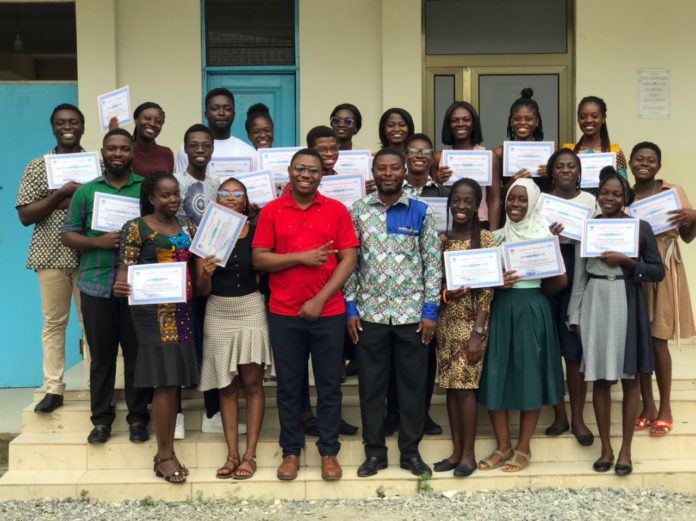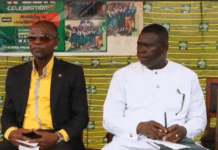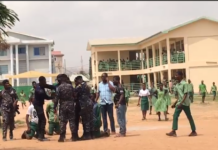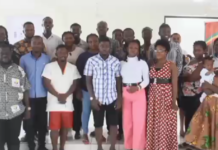
The skills and expertise needed to write on educational issues are important to all student journalists. This has been an interest of the School of Alternative Learning of the Ghana Institute of Journalism (GIJ), as it initiates a two-week pilot programme to train 20 students on Education news reporting and video editing.
Students from Diploma 1 and 2, Level 100 to 400 were selected to undergo a practical training that ended last Friday on GIJ’s Ringway campus.
Dr Stanley Semarco, Dean of the School of Alternative Learning, in an interview after the graduation ceremony, said as part of his mandate, his office is to develop and enhance the blended online and in-person leaning.
Dr Semarco explained that the training is geared towards encouraging students to be interested in the Education beat.
“As GIJ is a predominant journalism institution, there are several beats when it comes to the craft of news reporting. All over the world, research has shown that the Education beat is not always at the forefront. So you see someone interested in the Political beat, the Sports beat, and when something happens in the educational arena, the person goes to cover it. This workshop is as a result of what can be done to make sure that students who will be graduating from GIJ will be interested in Education beat. Even if they are interested in the Political beat, the Business beat, the Education beat will be something that will be at the back of their minds as they go to the working world,” he said.
The pilot programme on education broadcast and video editing skills also focused on giving students practical skills on news writing and reporting on education stories.
According to Dr Semarco, journalism students need to have the knowledge on key areas in education to aid them better understand the sector.
Some 20 students underwent the two weeks training successfully at no cost. Certificates were awarded to the participating students.
One of the facilitators of the training, Abraham Tetteh Dzablatey, CEO of Akpasa Media, said the training was to guide students to understand how the structures of the educational system is formed and how materials are being produced in the digital sense.
He further explained that the students were taken through skills acquisition, knowledge and ethics of educational reporting, and digital educational material production.
“They were divided into groups and they learnt how to develop their own slides, like a lecture slides. They were taught how to use the camera to shoot videos.
“So they shot their own videos and edited their contents by themselves. After this pilot training I expect that, it will be expanded to train more students,” he added.
Some students, who benefitted from the training, expressed joy with the skills acquired.






